


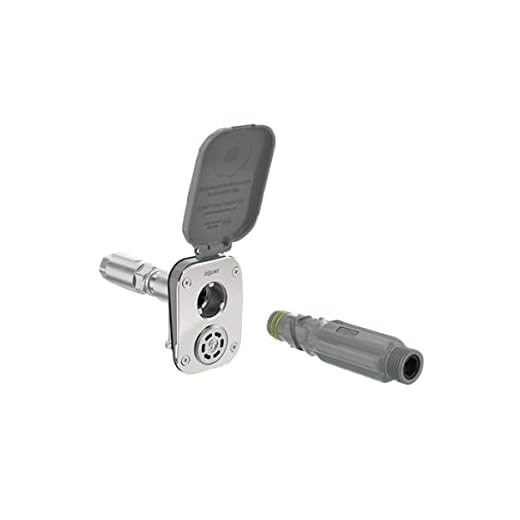
For most homeowners, acquiring this cleaning device or opting for temporary access hinges on a few critical aspects. If your projects demand frequent and extensive use, securing your own unit is advantageous. Models on the market can range from £100 to over £500, with a decent option typically falling between £200 and £300. This investment pays off over time, especially if you tackle larger cleaning tasks or have multiple surfaces to maintain.
Conversely, if your cleaning needs are sporadic, considering rental services might be your best bet. Many local equipment rental centres offer hourly or daily rates, with prices generally starting from around £30. This route provides you access to high-performance machines without the long-term commitment and storage considerations. Ultimately, the frequency of usage, type of tasks, and financial considerations will steer your decision.
Having spent over a decade in the cleaning equipment industry, I constantly recommend analysing your specific needs before making a final decision. Thoroughly assess the cleaning challenges you regularly face, and factor in the long-term costs against the perks of flexibility. This pragmatic approach ensures you select the option that aligns well with your lifestyle and cleaning requirements.
Buy or Rent a Cleaning Machine?
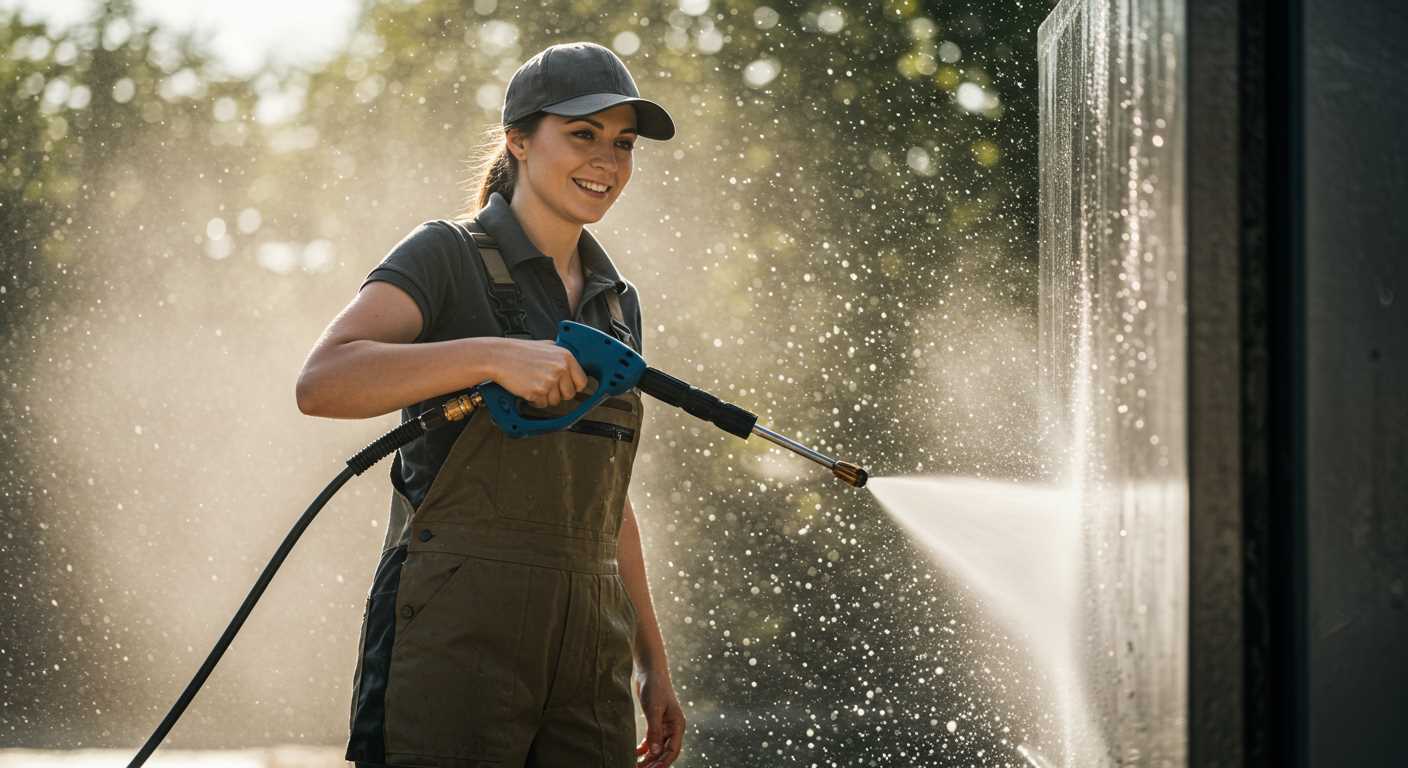
Choosing wisely comes down to usage frequency and project size. If regular cleaning tasks arise–whether it’s maintaining the patio or prepping surfaces for painting–owning a machine might be more sensible. For occasional use, borrowing or leasing can save costs.
Evaluate your storage options. Owning equipment requires space for safekeeping, which might not be feasible in smaller homes. Opt for purchasing only if you have adequate room and a commitment to ongoing usage.
Consider the overall investment. Owning a model can be more expensive initially, factoring in the purchase price, accessories, and upkeep. Calculate how often you’ll clean to find out if the long-term savings justify the upfront purchase.
If you’re eyeing high-performance models for demanding tasks, certain advanced features may be essential. Rentals often provide access to more powerful units at a fraction of the price. If high-end specs aren’t needed frequently, pursuing rental options might align better with your needs.
Assess the learning curve associated with operating various types. Investing in a unit involves understanding its specifications thoroughly, which might not be worth it if you’re only tackling occasional light jobs. Rentals usually come with guidance or instructional support, easing the adjustment period.
Explore local rental agreements carefully. Hidden fees could inflate costs or limit flexibility, whereas ownership permits use whenever necessary without additional expenses. A balance between convenience and cost efficiency is key.
Cost Analysis: Purchase vs Rental
For those contemplating between acquisition and temporary use of cleaning equipment, a detailed financial breakdown is vital. A direct comparison reveals that purchasing is typically more cost-effective for frequent tasks. When intending to utilise the equipment multiple times or for ongoing projects, the initial investment pays off in the long run. A high-quality model may range from £300 to £800, depending on specifications and features, while costs for short-term leasing can accumulate quickly, averaging around £40 to £80 per day.
Additionally, consider maintenance expenses. Ownership includes routine upkeep, which can average £50 annually, ensuring longevity and optimal performance. Conversely, leasing includes equipment assurance, eliminating unexpected repair costs, but typically comes with additional fees for potential damages or late returns.
Beyond the monetary aspect, think about frequency of use. If employing the device just once or twice a year, hiring might seem appealing. However, those needing consistent access quickly find ownership justifies itself. By evaluating your cleaning needs alongside the associated costs, you can make an informed decision tailored to your circumstances.
Frequency of Use: How Often Will You Need It?
Consider the frequency of your cleaning tasks. If weekly maintenance is on your agenda, acquiring your own equipment is advisable. This offers convenience and eliminates scheduling headaches, especially during peak cleaning seasons.
For those who clean less frequently, perhaps quarterly or biannually, hiring may be the smarter choice. Renting allows access to high-powered tools without incurring the full purchase price. You can select the right model for specific tasks without commitment.
- Weekly Users: Ideal for homeowners or businesses managing regular upkeep.
- Monthly Users: Great for moderate usage – consider owning a unit.
- Seasonal Users: Occasional tasks such as spring cleaning may warrant rentals only.
- Project-Based Users: Specific projects like patio restoration might be better suited for one-time hires.
Map out your cleaning routine. If it involves substantial ongoing projects, the initial investment can be justified. However, balance this against potential storage issues and maintenance requirements.
Ultimately, assess your long-term needs. A clear understanding of how often you’ll engage in these tasks will inform the best choice for your situation.
Types of Pressure Washers: Which One Fits Your Needs?
For those considering a high-pressure cleaning device, understanding the variety available is key. Options generally fall into three categories: electric, petrol, and diesel machines. Each type caters to different tasks and user preferences.
Electric units are ideal for small to medium-sized tasks, such as cleaning patios, garden furniture, or vehicles. They are lightweight and easy to handle, which makes them suitable for occasional use. Look for models with a rating of at least 1300 to 2000 PSI, as this range provides sufficient power for most household chores.
Petrol-operated cleaners are better suited for larger jobs that require more power and mobility. With pressure ratings often exceeding 3000 PSI, these machines are excellent for tackling tough stains on driveways, decks, and siding. They offer greater freedom without the constraints of power cords but require more maintenance and fuel management.
Diesel machines are primarily for commercial use and large-scale projects. They boast outstanding durability and performance, often reaching pressure levels above 4000 PSI. However, their size and weight can be cumbersome for everyday consumers.
Assessing your cleaning needs is essential before making a decision. For casual consumers, an electric unit provides ample capability without the hassle of fuel. If tackling extensive outdoor tasks is your intention, a petrol variant would be more efficient. Commercial operations, particularly those requiring high mobility and performance, warrant considering a diesel model.
Evaluate the intended purpose, frequency of use, and required power. By matching a machine to your specific needs, you’ll maximise the benefits of your investment.
Maintenance Considerations: Ownership vs Rental Responsibilities
Owning cleaning equipment involves several responsibilities that can significantly impact your decision-making process. Understanding these duties can clarify whether the commitment is worthwhile.
Ongoing Upkeep
With ownership, regular maintenance is vital. I suggest the following to keep your equipment in prime condition:
- Regularly check and replace the oil, as stipulated in the manufacturer’s guidelines.
- Inspect hoses and connections for wear or damage that could lead to leaks.
- Clean filters and nozzles periodically to ensure optimal performance.
In contrast, when you opt for a temporary arrangement, the provider typically manages these necessary checks, relieving you of these duties.
Storage Considerations
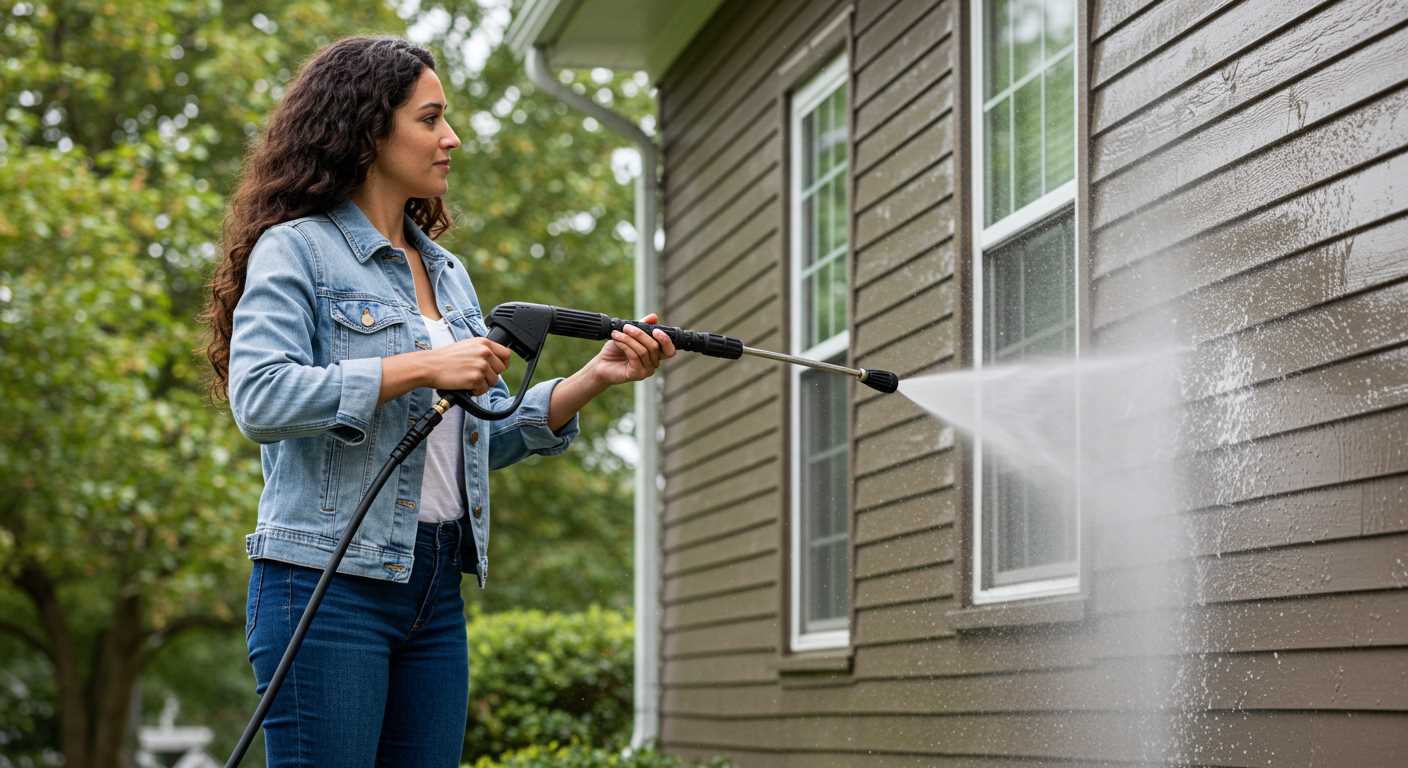
Proper storage of your machine is another factor to keep in mind. When owning, ensure:
- The device is stored in a dry, sheltered location to prevent rust or corrosion.
- All accessories are organised and safely stored alongside the main unit.
With a rental, storage becomes less of a concern, as you return the equipment, alleviating responsibility for its longevity and protection.
In conclusion, taking on ownership demands a commitment to routine maintenance and proper storage. This correlates directly with how much pressure equipment you’re likely to use and your ability to ensure its longevity. Understanding these responsibilities can lead to a more informed decision, reflecting your specific requirements.
Storage Space: Do You Have Room for a Pressure Washer?
A pressure cleaning unit requires adequate storage for safe keeping and easy access. Assess your available space carefully before making a decision on ownership. If space is limited, one option may suit your situation better than another.
Consider the dimensions of the selected equipment. A compact model typically fits better in smaller areas, while larger variants may require substantial room for storage. Ensure that measurements of the unit, including any attached hoses or accessories, are taken into account.
Think about the convenience of access. If dealing with high shelving or hard-to-reach places, you might want to choose a more manageable option. Make sure you can easily retrieve and store the equipment after each use to prevent any unnecessary hassle.
Evaluate the impact of environmental factors as well. Storing in a sheltered location protects the machinery from rust and damage caused by exposure. Aim for a spot that is dry and away from direct sunlight, which can degrade materials over time.
| Storage Considerations | Pros | Cons |
|---|---|---|
| Compact Models | Easier to store, less space needed, accessible | Limited power, might not handle large jobs well |
| Standard Models | Good balance of size and power | Requires adequate space, less portable |
| Larger Units | High power, suitable for heavy-duty tasks | Significant storage space needed, heavy |
Assessing your storage capabilities will guide you toward a sound decision regarding your cleaning equipment options. Seize this opportunity to plan for practicality in your daily routines.
Project Scale: Are You Tackling Small Jobs or Larger Ones?
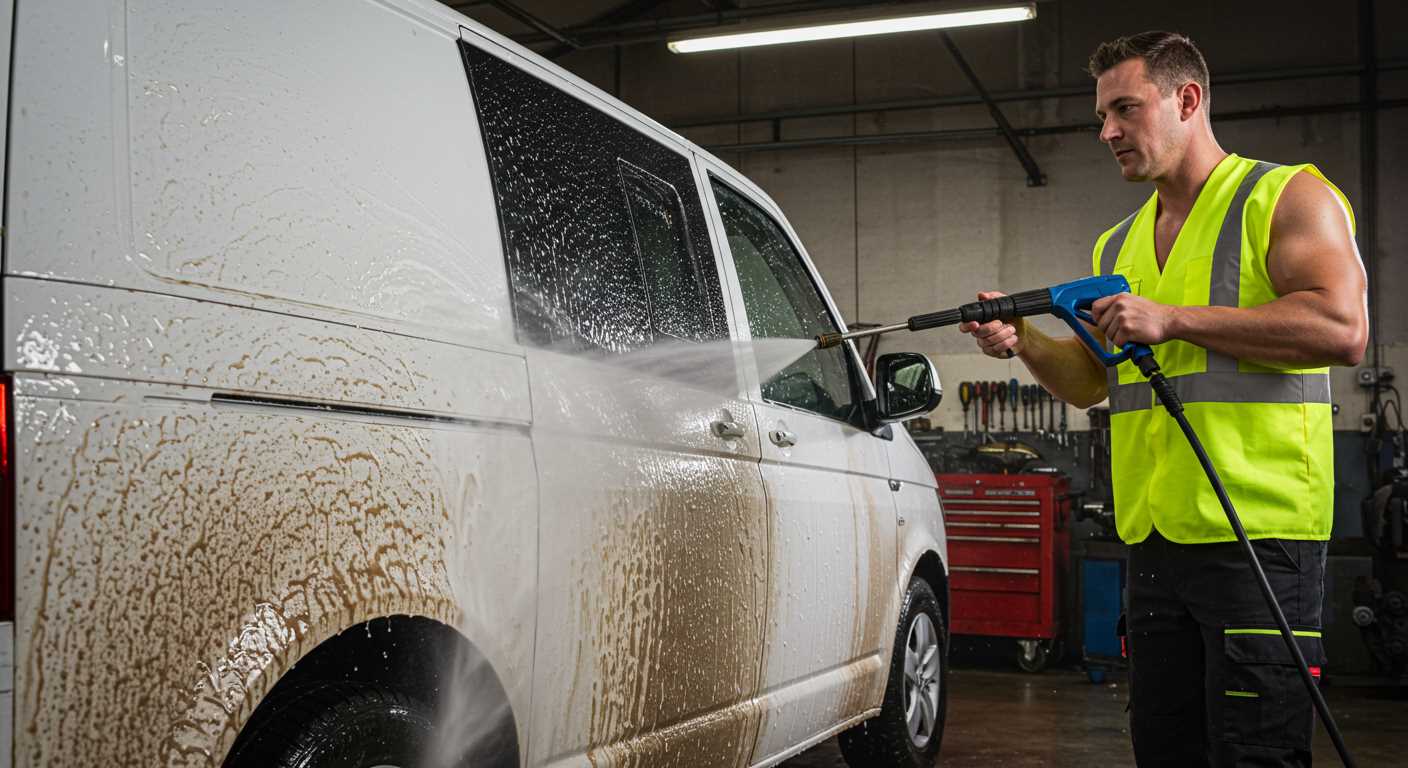
Assess your project’s scale before deciding whether to obtain cleaning equipment. Smaller tasks, like patio furniture cleaning or vehicle upkeep, may only require a lighter model. A compact unit can efficiently handle these jobs without excessive power or water usage.
Small Projects
For occasional use, a portable model works well. These machines typically have lower pressure output, making them suitable for delicate surfaces such as wood or painted areas. Their lower cost and ease of use make them ideal for simple, infrequent tasks. Consider factors like ease of manoeuvrability and weight to ensure you can handle the equipment comfortably during your small clean-up sessions.
Larger Projects
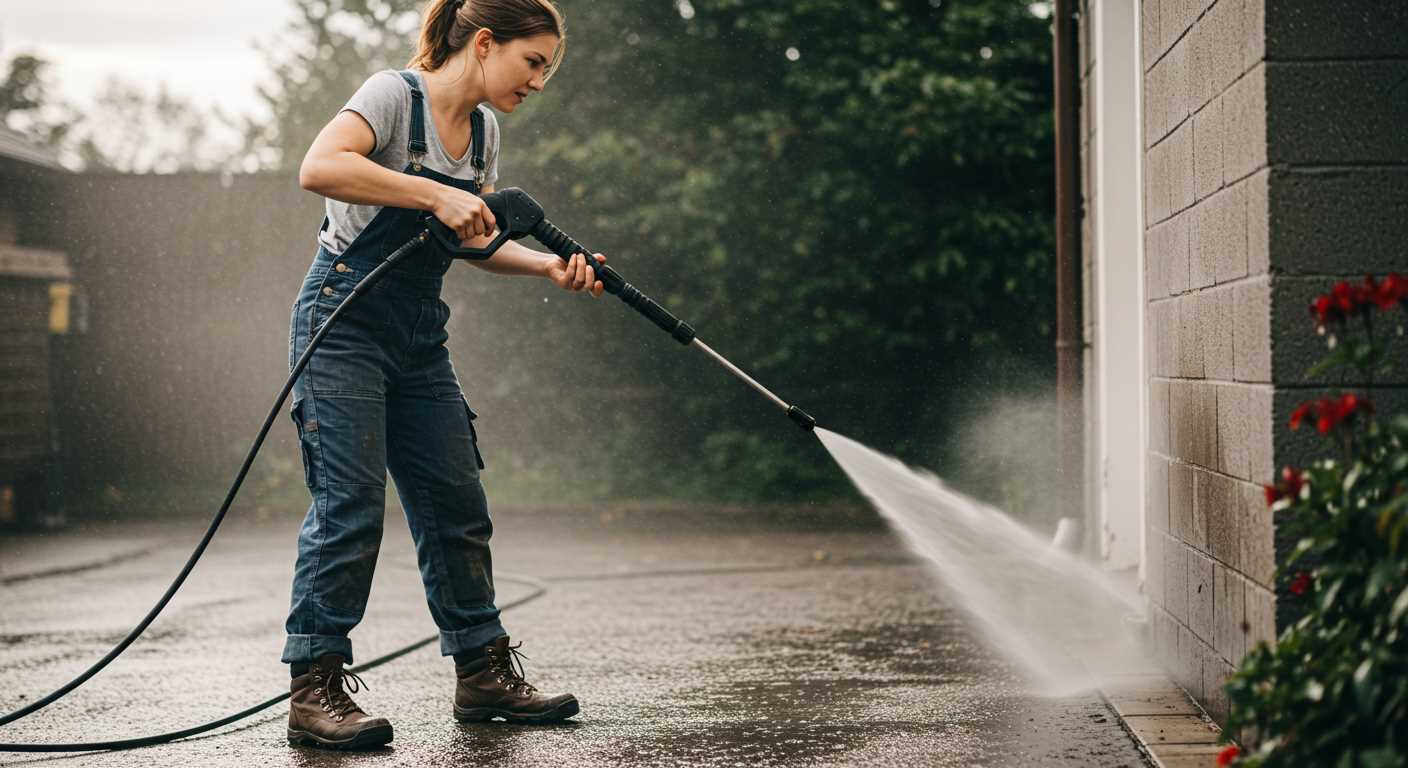
If you are facing extensive cleaning tasks, such as driveway restoration or exterior building cleaning, a more robust unit is necessary. High-performance equipment can deliver superior results and efficiency for larger surfaces. These machines often come with various attachments, allowing for versatile applications. Investing in higher capacity options makes sense if you find yourself frequently taking on substantial cleaning projects.
FAQ:
What are the advantages of buying a pressure washer compared to renting one?
Purchasing a pressure washer can offer several advantages. Firstly, once bought, you have ongoing access to the machine whenever required without any additional rental fees. This can be particularly beneficial for frequent tasks such as cleaning patios, driveways, or garden furniture. Additionally, owning a pressure washer allows you to choose a model that best suits your specific needs, including power levels and attachments for various cleaning tasks. Moreover, over time, the cost of renting can accumulate, making a purchase more economical for regular users. You also avoid the hassle of transporting the machine back and forth between your home and the rental location, which can save time and effort.
What factors should I consider before deciding to rent a pressure washer?
When contemplating renting a pressure washer, several factors should be considered. Firstly, evaluate the frequency of use; if you only need it for a one-time job, renting might be more suitable. Next, consider the type of cleaning you are planning to do. Lighter tasks might require less powerful models, which can be easier to rent. Additionally, assess the cost of rental versus the purchase price. Sometimes, prolonged rental periods can become costly, whereas a purchase can be more economical in the long run. Also, investigate the availability of rental units in your area and their condition; you might want to ensure that the equipment is well-maintained to avoid issues during your cleaning tasks.
Are there any long-term maintenance considerations I should be aware of if I decide to buy a pressure washer?
Yes, owning a pressure washer comes with certain maintenance responsibilities. Regularly check the pump oil, keep the nozzles clean, and inspect the hoses for wear and leaks. It’s also advisable to store the unit in a dry location, away from extreme temperatures, to prolong its lifespan. Additionally, seasonal preparation is necessary, such as properly winterising the machine if you live in a colder climate. Performing these maintenance tasks can not only extend the life of your pressure washer but also ensure it operates efficiently when needed. Regular maintenance can help you avoid costly repairs down the line and keep your equipment in good condition for your cleaning needs.







